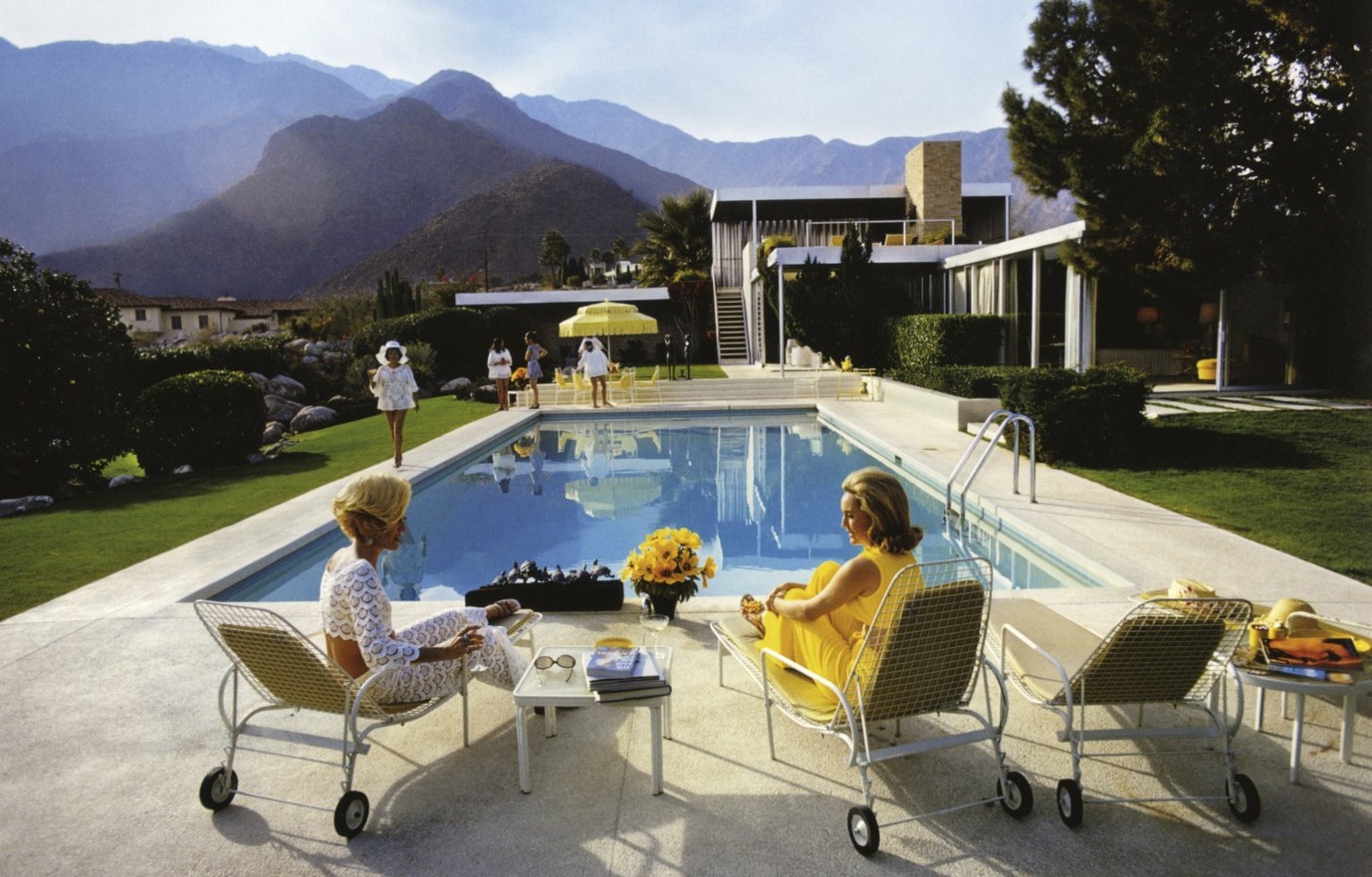It amazes me that California’s water shortage seems to be viewed in this country as a regional problem for them, when it’s clearly a grave concern for us. As farmers in that state search deeper and deeper for the scarce liquid hoping to stave off personal disaster, we all near a collective one. If California dying of thirst isn’t a national emergency, I don’t know what is. Globally, the water crises may be the most serious threat to world peace. From the Spiegel report “World Without Water“:
“Water is the primary principle of all things,” the philosopher Thales of Miletus wrote in the 6th century BC. More than two-and-a-half thousand years later, on July 28, 2010, the United Nations felt it was necessary to define access to water as a human right. It was an act of desperation. The UN has not fallen so clearly short of any of its other millennium goals than the goal of cutting the number of people without this access in half by 2015.
The question is whether water is public property and a human right. Or is it ultimately a commodity, a consumer good and a financial investment?
The world’s business leaders and decision makers gathered at the annual meeting in snow-covered Davos, Switzerland in January to discuss the most pressing issues of the day. One of the questions was: What is the greatest social and economic risk of the coming decade? The selection of answers consisted of 28 risks, including wars, weapons of mass destruction and epidemics. The answer chosen by the world’s economic elite was: water crises.
Consumers have recognized for years that we need to reduce our consumption of petroleum. But very few people think about water as being scarce, even though it’s the resource of the future, more valuable than oil because it is irreplaceable. It also happens to be the source of all life.•

